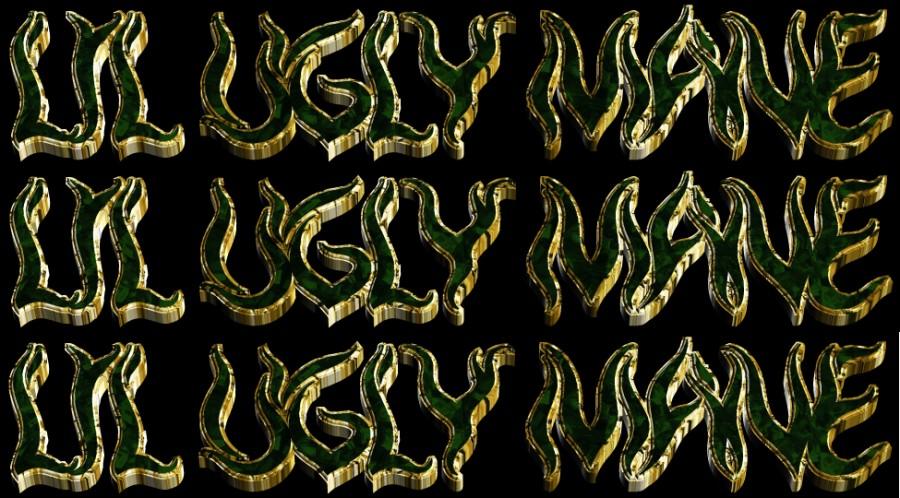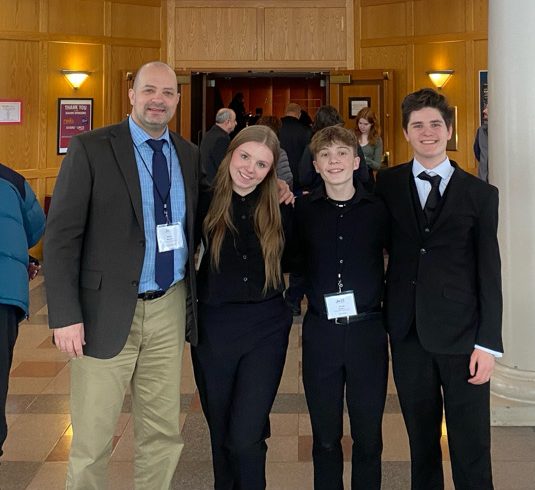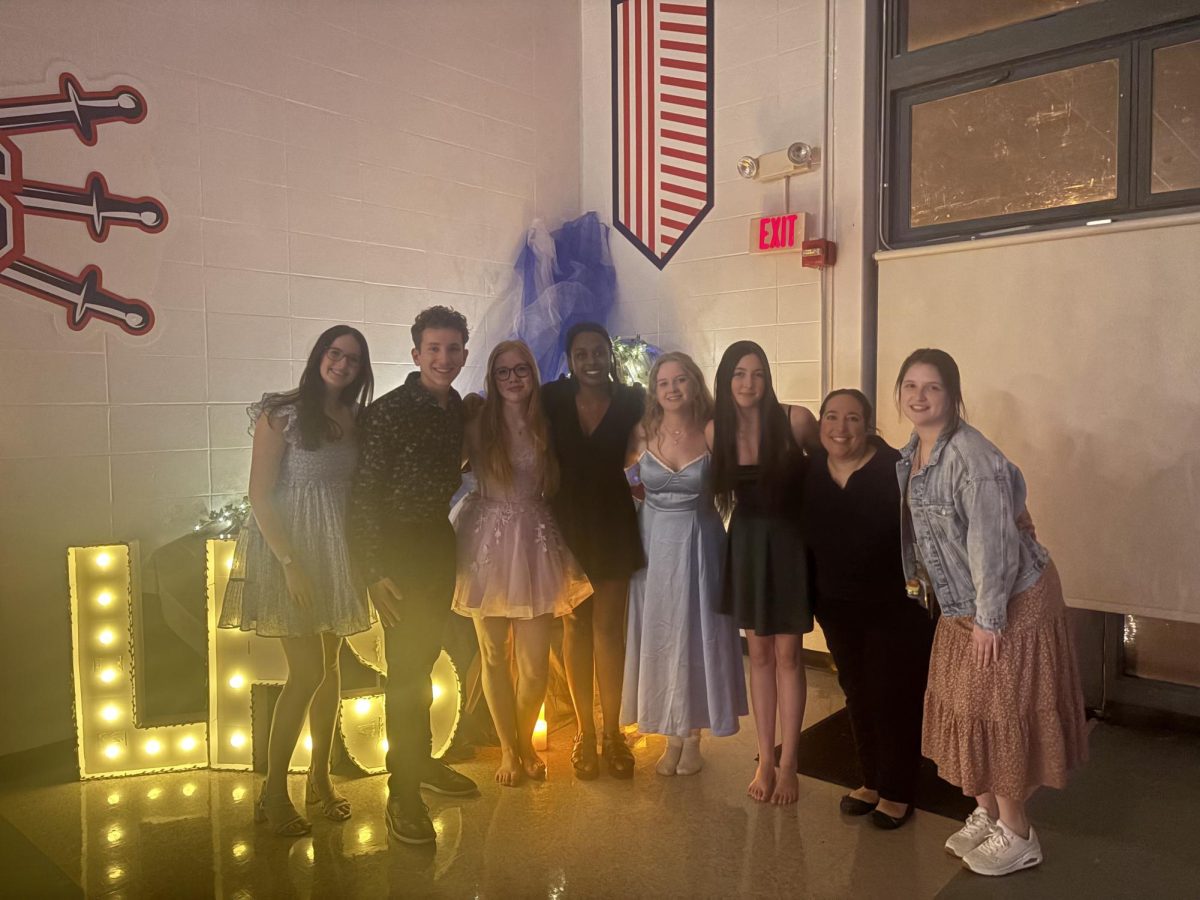It’s becoming increasingly difficult to believe anyone is who they say they are.
The advent of the Internet Age has led to an environment of anonymity and downright sameness that makes it hard to parse the real from the lie. From 4chan to Catfish, it’s generally much easier for someone to be something they’re not. This is doubly true in music.
The idea of the “studio gangster,” the faux-hardcore, straight-laced emcee whose music is at best a fictional exploration of a life they don’t really live, at worst an act of outright cultural appropriation, is almost as old as hip-hop itself. For every instance of Bobby Shmurda trading shots with New York City police, there is an equal and opposite Rick Ross; the former corrections officer whose tracks detail the exact sort of debauchery and illegal activities that he spent years of his life policing. But does “realness” matter if the music’s good?
The 2010s have seen the genesis of a new breed of musician. Born on Internet forums and in bedrooms across the world, the Internet musician is at once secretive, cultish, and reliant on image. The evolution of the ego in a world where identity loses meaning has given way to a scene that both repulses and feeds off image.
Take, for example, the history of Lil Ugly Mane, one of perhaps dozens of aliases for Travis Miller, a multigenre underground musician from Richmond, Virginia. LUM is Miller’s hip-hop side project, a demented, pitch-shifted tribute to the gritty, chopped-and-screwed Memphis rap scene of the late ’90s. His 2012 mixtape, a hellish, codeine-slurred collection called Mista Thug Isolation, was lauded as a landmark release in the turbulent history of underground rap. Despite all this, to most of the world, he is a non-person, a blip on the musical radar that barely registers as noteworthy. But to a small, devoted sphere, this thirty-something, white, former crust-punk musician from just outside Appalachia is perhaps the best Memphis rapper since the heady days of Three 6 Mafia and Project Pat.
It doesn’t stop there. Swedish rapper Jonatan Håstad did something similar under the stage name Yung Lean. Electronic/acid-jazz savant Flying Lotus broke from the genre for a spell in 2012, emerging as hip-hop supervillain Captain Murphy. Outside of rap, Macaulay Culkin, the kid from Home Alone, released an album of Velvet Underground covers with the lyrics changed around to be about pizza. Green Day put out a garage-rock album under the name Foxboro Hot Tubs. Name and brand identification have become meaningless.
What this means for music is an era of experimentation, widespread exposure, and unabashed oddity that is unrivaled by years past. The new crop of superstars won’t come from Epic Records, or Sony, or Capitol. They will come from any and everywhere. And that’s exciting.

















Rihaan Ally
Oct 3, 2020 at 4:26 am
Well done!